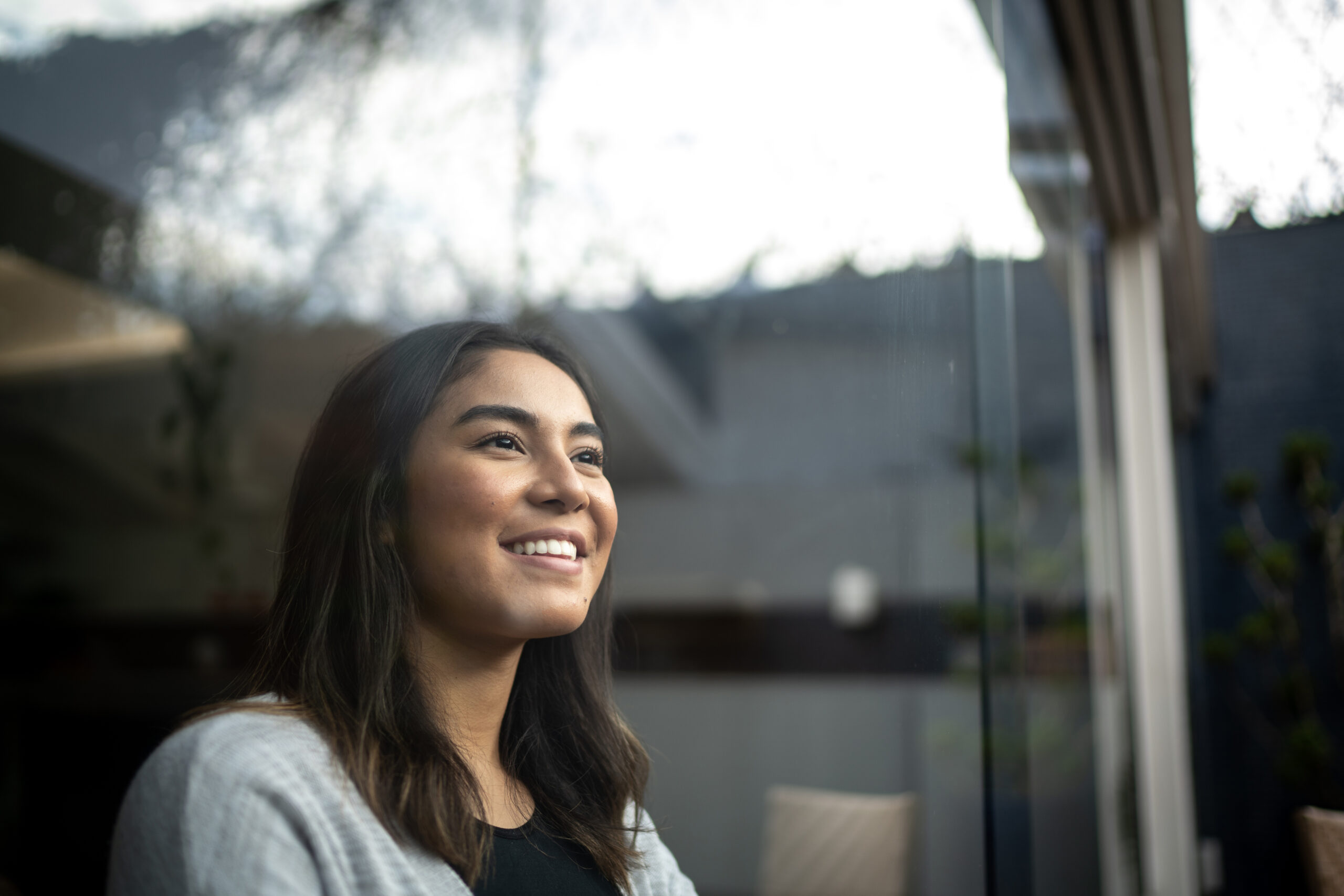A partial hospitalization program is a structured treatment option for people who need more support than traditional outpatient care. It provides daily therapy, medical supervision, and group support without requiring an overnight stay.
Marijuana addiction isn’t just about the drug itself – it often involves emotional struggles, daily stress, and unhealthy coping habits. That’s why informal approaches or trying to quit alone usually aren’t enough.
Our partial hospitalization for marijuana addiction is designed to be supportive, hands-on, and personalized. We are here to help you learn how to stay sober and rebuild your life with structure, clarity, and support every step of the way.
When these areas are repeatedly activated, the brain starts to adjust. It becomes less sensitive to natural sources of pleasure and more dependent on THC to feel balanced or relaxed.
Not everyone who uses marijuana will become addicted, but there are clear signs when it starts to become a problem. These include:
As marijuana use becomes more regular, the body starts to adapt. This means the same amount of marijuana no longer produces the same effects, so the individual will have to start smoking or ingesting more and more to reach the same high or sense of relief.
When tolerance builds and use becomes more frequent, cutting back without support is much harder.
Common withdrawal symptoms include:
Marijuana addiction also impacts how someone thinks, feels, and acts. These changes often build up slowly and can affect many parts of life, including school, work, and relationships. When these behavioral changes take hold, it’s often a sign that addiction has started to affect daily functioning.
Some common behavioral changes include:
People may begin to plan their day around marijuana or choose it over spending time with others. Additionally, they might seem less engaged, stop setting goals, or avoid stressful things. Over time, these shifts can damage relationships and lead to feelings of isolation.
Partial hospitalization for marijuana addiction provides a full framework for healing. Every part of the program is designed to meet the individual’s specific needs and help them gain the skills to manage life without relying on marijuana.
Some important factors of partial hospitalization for marijuana addiction include:
This plan may include individual therapy, group sessions, psychiatric support, medication management, and skill-building activities. It can also be adjusted throughout the stay based on overall progress and evolving needs.
Therapy in a PHP is focused and practical – it’s where individuals learn how to understand their triggers, manage cravings, and respond to stress in healthy ways.
This is one-on-one time with a licensed therapist where individuals might explore:
Group therapy helps reduce feelings of isolation and builds a sense of community, something that is often missing in active addiction.
Together, these two types of therapy form a complete support system. With the structure and consistency of partial hospitalization for marijuana addiction, individuals learn the tools for real-life recovery.
Education is a powerful part of recovery. In partial hospitalization for marijuana addiction, psychoeducation sessions help individuals understand how marijuana affects the brain, emotions, and overall daily life.
Psychoeducation provides knowledge and real-life strategies for use outside of treatment. It helps individuals stay aware and in control of their behavior, building the foundation for long-term change.
Everyone’s recovery path looks different. That’s why our PHP at PCTD includes ongoing clinical assessments. These check-ins help the care team track your progress, understand what’s working, and update your treatment plan when needed.
Early sobriety can feel overwhelming. Cravings, mood changes, and triggers from daily life can all lead to relapse if there’s no support in place.
Instead, a PHP will give you a clear schedule and daily check-ins with trained professionals. You’ll stay focused on your recovery while building habits that support long-term success.
This structure helps reduce the risk of relapse by keeping you grounded and accountable during one of the most vulnerable times in recovery.
Addiction doesn’t happen in isolation. Many people use marijuana to cope with stress, emotional pain, or mental health symptoms.
Partial hospitalization for marijuana addiction allows you to dig into these underlying issues in a safe, therapeutic setting. Through individual and group therapy, you’ll explore your thoughts, feelings, and behaviors while learning healthier coping methods.
One of the biggest advantages of partial hospitalization for marijuana addiction is that it offers intensive care without requiring you to stay overnight. This means you can continue living at home or in a sober living environment while still getting daily support and structure.
You still have full access to therapy, medical support, and recovery-focused activities each day while being able to keep your independence, making the treatment experience feel more balanced.
At PCTD, we know that recovery is personal. Everyone comes to us with different experiences, needs, and goals. That’s why our partial hospitalization for marijuana addiction program is built to be flexible and focused on you.
We take time to understand what is happening, including both the marijuana use and any co-occurring symptoms that may be involved.
You won’t be rushed or expected to follow a rigid, one-size-fits-all path. Instead, we work with you to build a treatment plan that makes sense for your life, challenges, and strengths.
Our team is experienced in helping people break free from marijuana addiction. We do not judge where you have been – instead, we focus on where you are going and how to help you get there.
Through partial hospitalization for marijuana addiction, you will receive the consistent care and accountability you need, while also building trust, motivation, and confidence in your recovery.
Healing also requires the right setting. At PCTD, you will find open spaces, warm surroundings, and a peaceful environment where you can focus on recovery without distractions. This kind of setting helps reduce stress and encourages deeper engagement in treatment.
When you feel comfortable, you are more likely to open up, stay involved, and make real progress. We believe that how you feel in treatment matters, and our environment is built to support your growth every step of the way.
Even though a PHP is a daytime program, medical needs don’t always follow a schedule. That’s why PCTD offers 24/7 nursing availability. Whether you’re managing withdrawal symptoms, experiencing anxiety, or need help with a medication adjustment, our staff is here to support you.
This level of care is especially important in partial hospitalization for marijuana addiction when physical and emotional symptoms can shift quickly. Having around-the-clock nursing helps you feel safe, supported, and confident that your health is always monitored.
Good food supports healing, especially in early recovery. At PCTD, we serve home-cooked, nutritious meals every day. These meals help your body regain strength, improve focus, and restore energy levels.
Nutrition can play a big role in mental health and emotional balance – two areas often impacted by long-term marijuana use. By offering well-balanced meals, we help support both the physical and emotional sides of recovery in a comforting and sustainable way.
In groups, you will share space with others who understand what you are going through. You will learn from different perspectives, build social support, and practice healthy ways to express yourself, all in a safe and guided environment.
Lasting sobriety takes continued effort, support, and planning. That’s why preparing for life after PHP is just as important as the treatment itself.
After partial hospitalization for marijuana addiction, many clients benefit from stepping down into outpatient counseling, individual therapy, or recovery support groups. These services help keep you connected to your progress while offering ongoing guidance.
Staying connected to care after a PHP helps you stay focused, build confidence, and avoid slipping back into old habits.
It’s normal to face cravings or emotional ups and downs in early recovery. What matters most is how you respond. At PCTD, you’ll leave partial hospitalization for marijuana addiction with real tools to manage stress, avoid relapse, and stay on track.
Helpful strategies include:
These techniques make it easier to handle challenges without turning back to marijuana.
At PCTD, we help you prepare for what comes after treatment. Before completing partial hospitalization for marijuana addiction, our team works with you to create a step-down plan that fits your needs.
We connect you to trusted outpatient providers, ongoing therapy, sober living options, and support networks. We also provide discharge planning that includes practical tools for managing life outside of treatment, such as relapse prevention plans and coping strategies tailored to your specific goals.
With the right structure and support, long-term recovery is possible. We are here to make sure you do not walk that path alone.
Partial hospitalization for marijuana addiction gives you the structure, support, and clinical care needed to break free from substance use. It is more than just therapy; it is a full treatment experience that addresses both addiction and the mental health symptoms that often come with it.
With daily care, guided support, and real-life recovery tools, PHP sets the foundation for long-term success.
At PCTD, we take the time to understand your story and create a plan that fits your specific needs. Our team combines structure with compassion, offering a supportive environment where you feel seen, heard, and empowered.
Every part of your care is built around helping you heal physically, emotionally, and mentally.
If you or someone you love is struggling with marijuana use and looking for a structured, supportive path to recovery, we are here to help. Our partial hospitalization for marijuana addiction program provides the care and guidance needed to take control and move forward.






